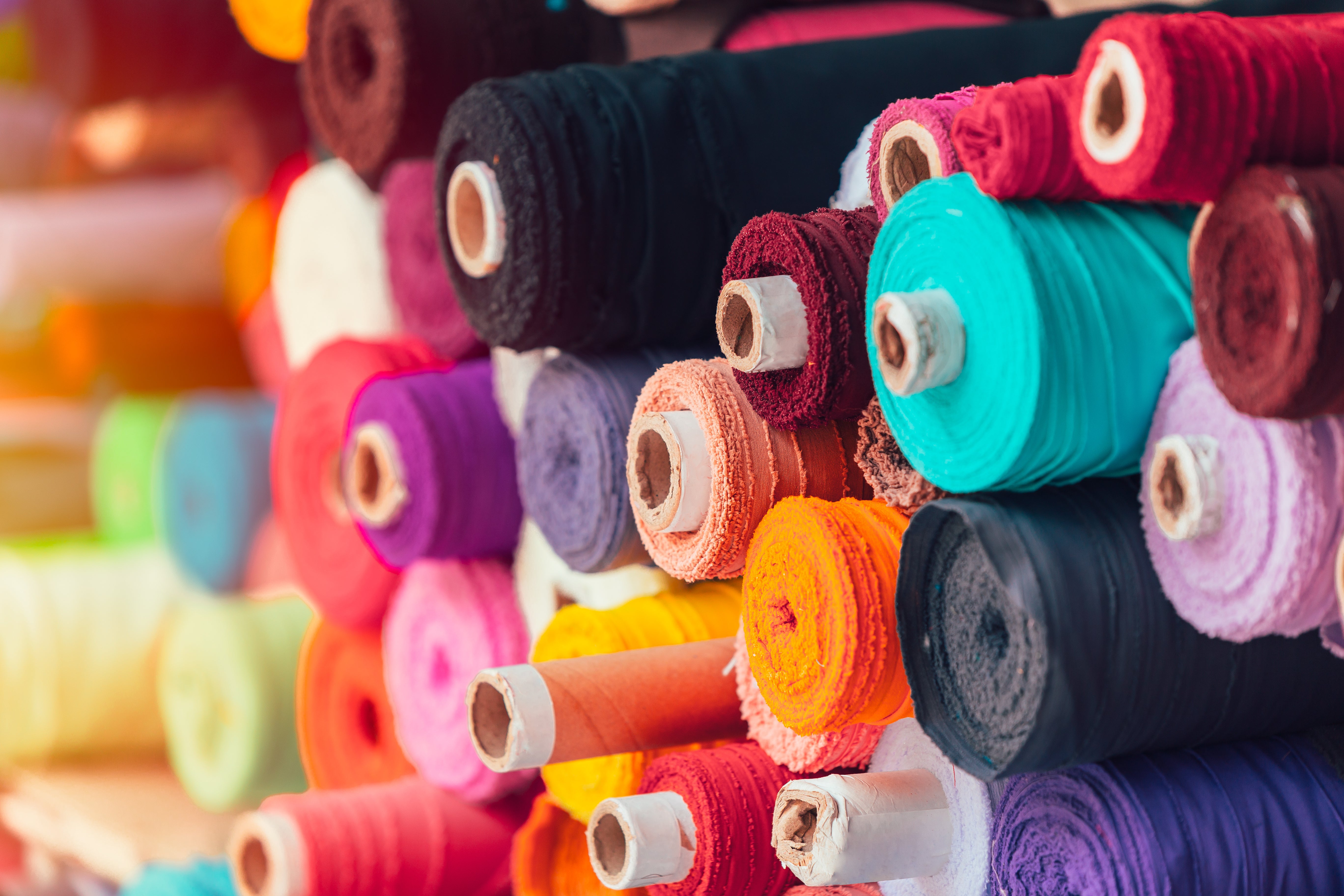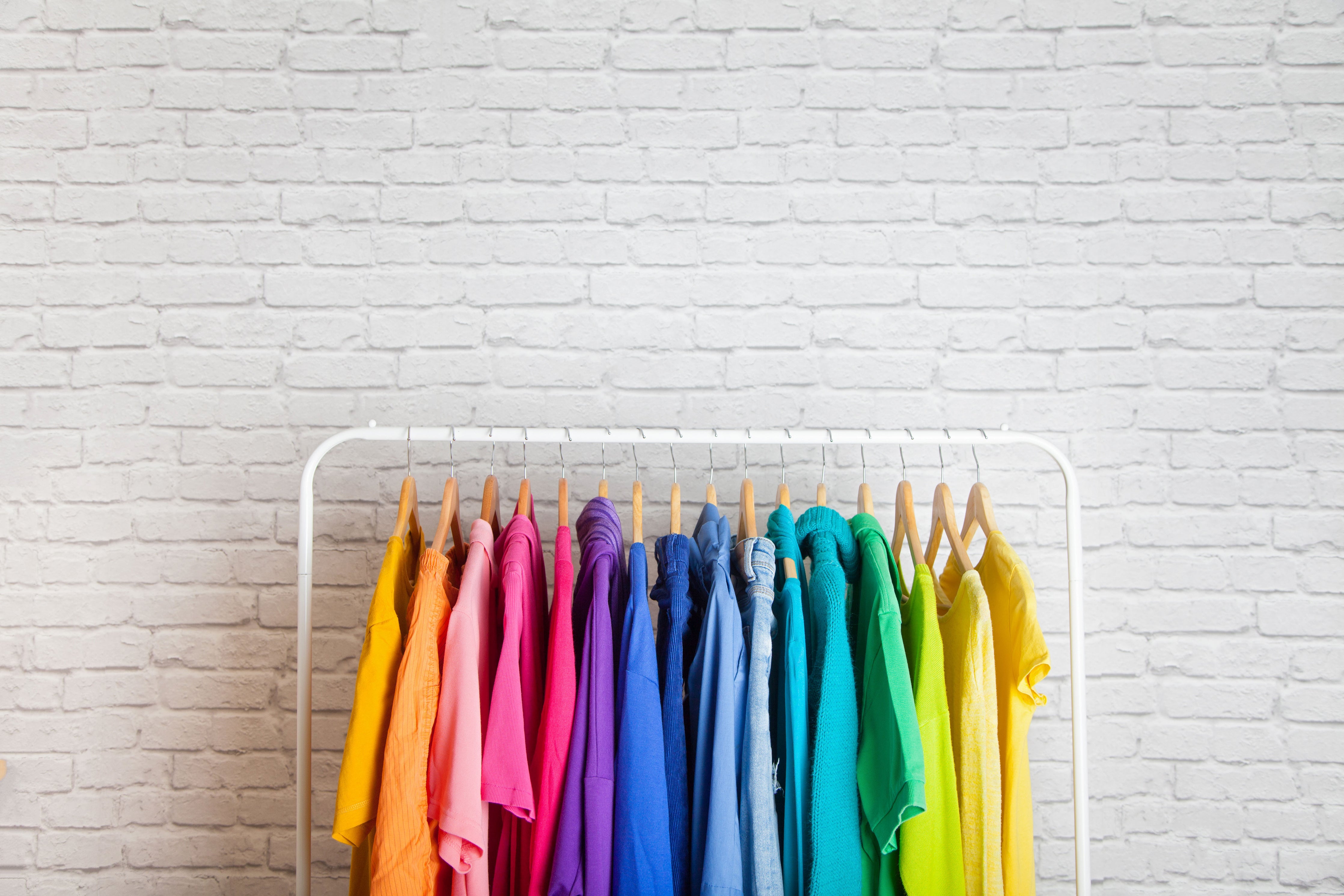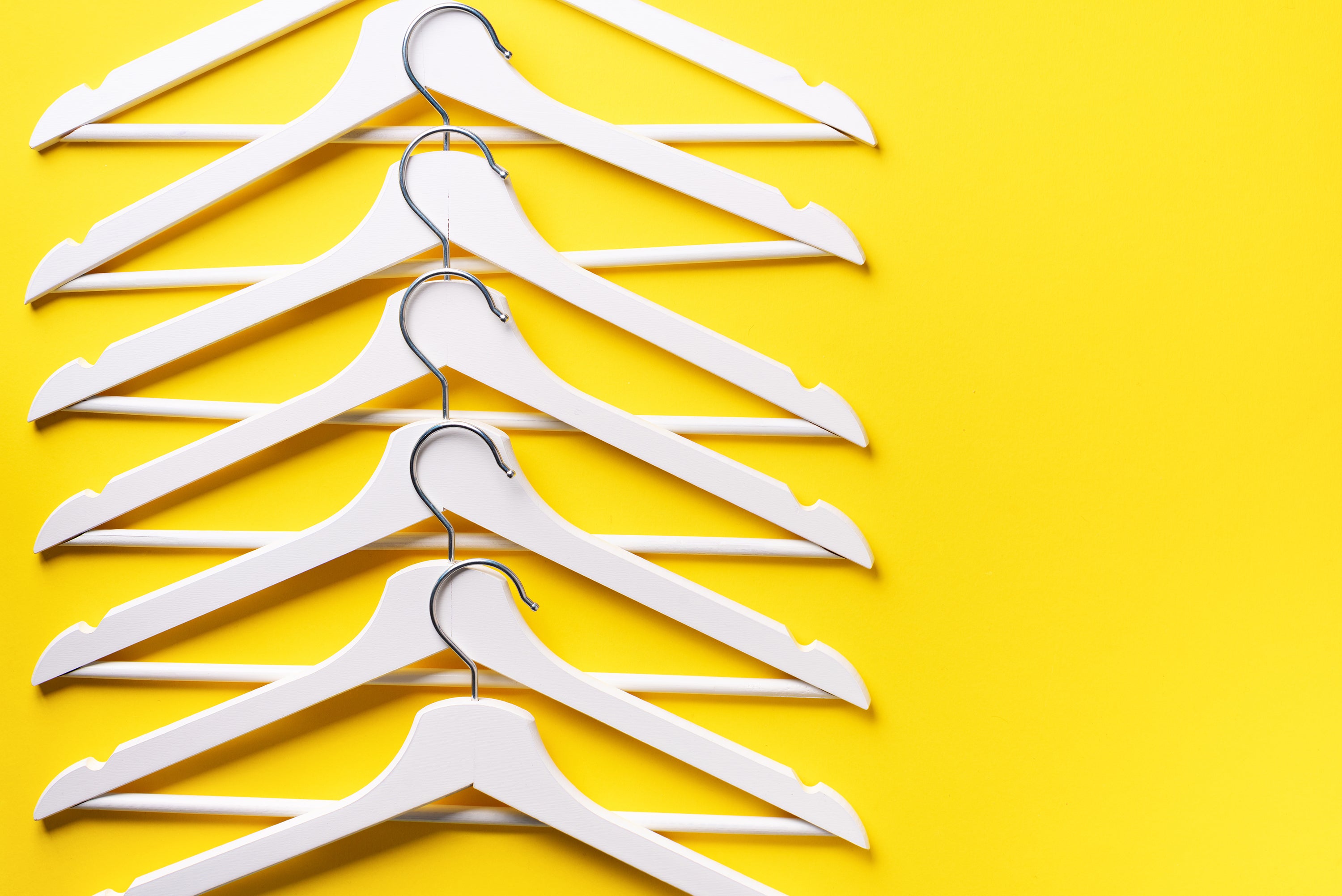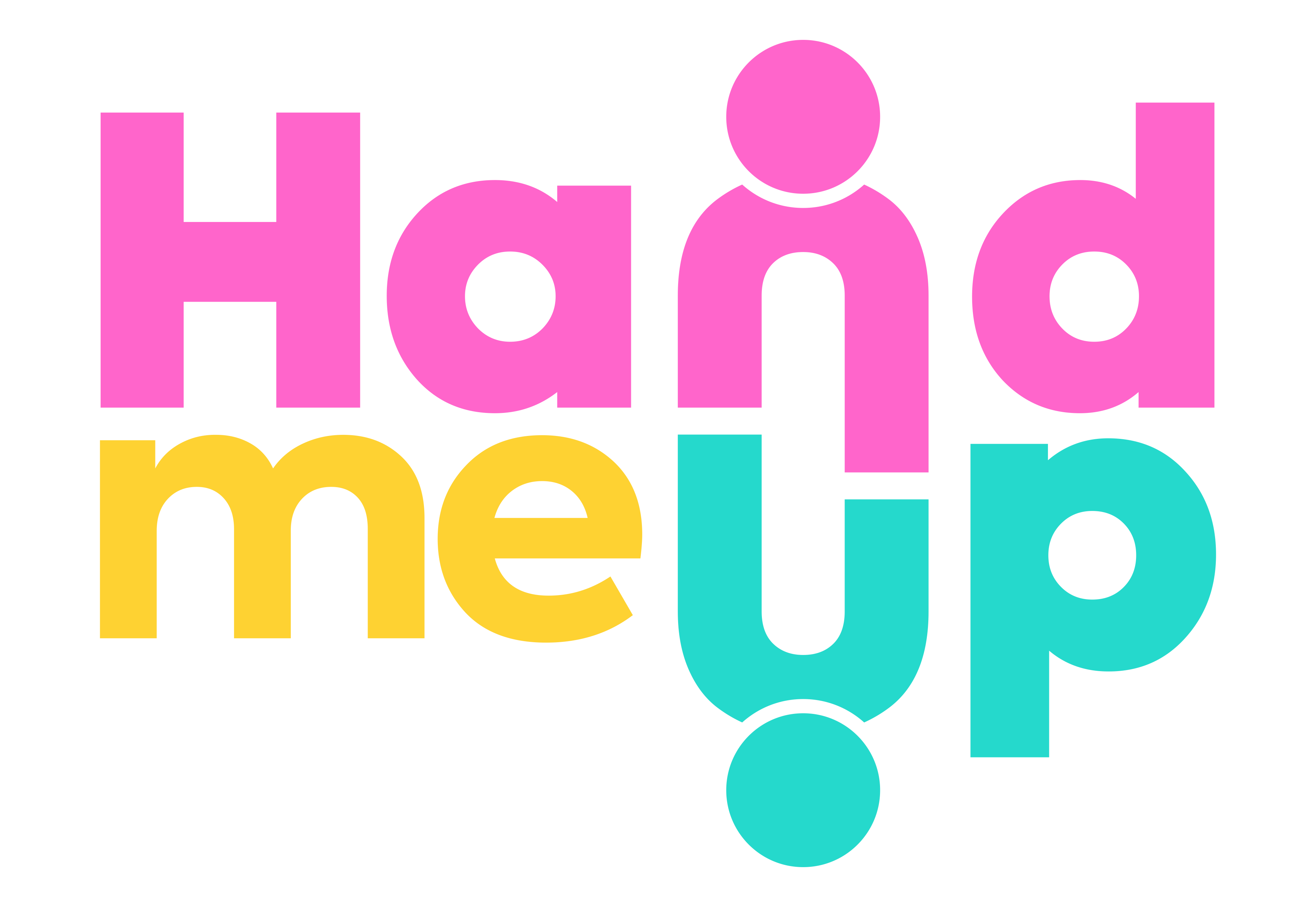
Ethical Fashion Terms
January 10, 2022
FAIR TRADE/LIVING WAGES
According to the Fair Trade Certified website, "Based on the simple idea that the products we buy and sell are connected to the livelihoods of others, fair trade is a way to make a conscious choice for a better world."
Some people define ethical fashion as a Fair Trade company or a company working to ensure a living wage for their employees. A living wage would cover the basic needs of workers, including: food, housing and clothing.
One of my favorite brands, ABLE, is taking things a step further and publishing their wages. Their goal is protect the workers who make their products by ensuring they're paid enough to support their families. They're prompting others to do the same.
ECO-CONSCIOUS/SUSTAINABLE
Other consumers seek elements of sustainability in their ethical fashion, so they try to find clothing items made from recycled fibers, organic materials or made with methods that leave a smaller carbon footprint. Sustainability is a hot topic these days and has its own varying definitions. One of the discussions surrounding sustainability is changing the materials we use to produce clothing, moving from polyester blends to more natural, long lasting fibers like hemp, linen and cotton.
Pact is a fabulous company using all organic cotton and using some wind-powered factories. The organic cotton is an important piece other consumers seek in their ethical fashion definition because it means the garment workers aren't handling toxic cotton products which impacts their health greatly. Non-organic cotton is treated with heavy chemicals, which in turn can make many garment workers very ill.
Satva uses organic cotton as well as recycled polyester in their products. They seek to create relationship between the farmer and the garments, which is a huge unknown in most consumer relationships.
MADE IN THE USA
This is a big one for some consumers. They want to support their home country and the economy within it, so it should be considered ethical, right? Maybe...is the short answer. My experience is that if a company is operating with fair wages, sustainability and/or ideal conditions, they're going to let you know somehow, someway. Head on over to their website and see if they give you a breakdown of who makes their products and where they're made in the U.S. This article in the Los Angeles Times gives an interesting look at some the factories in Los Angeles. I wouldn't necessarily classify their situation as ethical. If you really want to know, e-mail the company and see how they reply.
THE GREAT ANIMAL LEATHER DEBATE
This is a topic up for debate for some in the ethical fashion world. Some companies, like Sseko, are using leather in a large majority of their goods. They are open and transparent about why they choose leather over a vegan alternative, including that leather provides jobs in the areas of East Africa in which they're sourcing goods as well as leather can be a good, long-lasting product. You can read more about their leather sourcing here.
Other ethical fashion consumers prefer vegan leather alternatives because of animal rights issues among other environmental factors.
IT'S A START
These are just a handful of the terms you may stumble across while learning about ethical fashion. This is not an exhaustive list but a good starting point. Sometimes, learning about the world of ethical fashion can feel like drinking from a fire hose. I know I've felt a bit like it's an exclusive club I'm not a part of since I don't know all the lingo. Take it one step at a time!
Recent Articles

What in the World is Ethical Fashion?
December 29, 2021

Ethical Fashion Terms
January 10, 2022

5 Step Closet Clean Out
February 03, 2022

5 Ways to Shop for Your Right-Now Body
February 11, 2022
